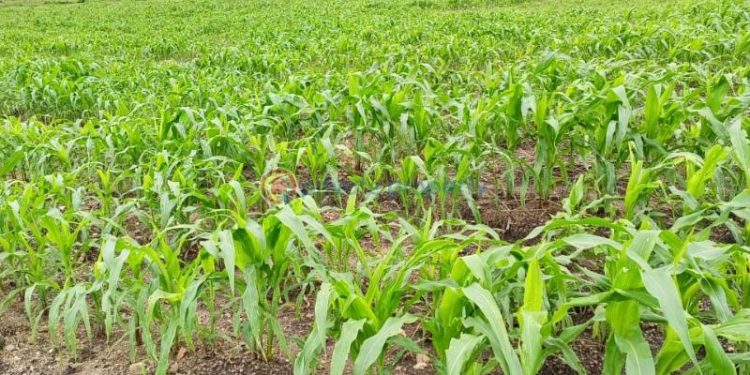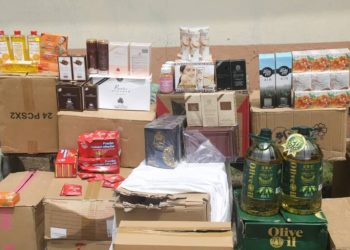By Mercy Aikoye
Nigerian research institutes, the Centre for Food Safety and Agricultural Research (CEFSAR) and the Centre for African Policy Research and Advocacy (CAfPRA), have jointly urged President Bola Tinubu and the National Assembly to impose an immediate ban on the importation and cultivation of genetically modified organisms (GMOs) in Nigeria. This appeal was made during a media sensitisation workshop held at the National Assembly.
The workshop aimed to raise awareness about the potential risks associated with GMOs, including biological warfare, economic manipulation, and long-term ecological damage. Qrissturberg Amua, Executive Director of CEFSAR, and Segun Adebayo, Director of CAfPRA, emphasized that the unchecked proliferation of GMOs in Nigeria poses a significant threat to national security and sovereignty.
Amua stressed that the issue is not just about food but about survival. “If we lose control over what we eat, how we grow it, and who controls our food systems, we have already lost a fundamental part of our national sovereignty,” he said. The researchers drew parallels with past incidents of bioterrorism, citing examples from Japan and the Soviet Union as cautionary tales.
Adebayo added that Nigeria must not become a dumping ground for rejected biotechnologies. “The very corporations lobbying for GMO adoption in Africa are banned in their home countries. Why should Nigeria open its borders to products others have deemed unsafe?” he questioned. The researchers emphasized that food sovereignty is a matter of national security, warning that inaction could turn Nigeria into a testing ground for experimental technologies.
The groups criticized the current structure of the National Biosafety Management Agency (NBMA), claiming it is compromised by conflicting interests. They proposed several reforms, including the dissolution of the National Biotechnology Research and Development Agency’s (NBRDA) membership on the NBMA board to eliminate conflicts of interest.
To address the concerns, CEFSAR and CAfPRA suggested reorganizing NBMA under the Ministry of Defence to form a new Strategic Bio-Defense Program (SBP). They also recommended implementing a covert, multi-stakeholder biosecurity strategy involving public, private, and military intelligence.
The researchers emphasized the need to protect Nigeria’s agricultural and biotechnological data from foreign access. They warned that failure to act could endanger public health and agricultural stability, concluding that “Nigeria must act now to defend its biological integrity and future.”
The workshop was attended by members of the press, civil society representatives, and policy analysts, with calls for urgent legislative scrutiny into Nigeria’s biosafety protocols and greater public engagement on the issue of GMOs.









